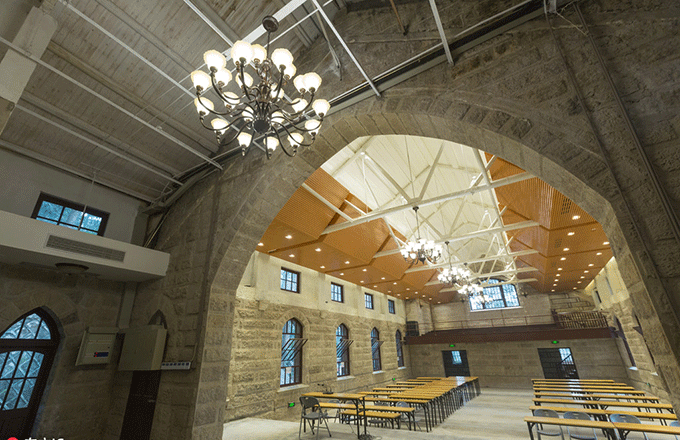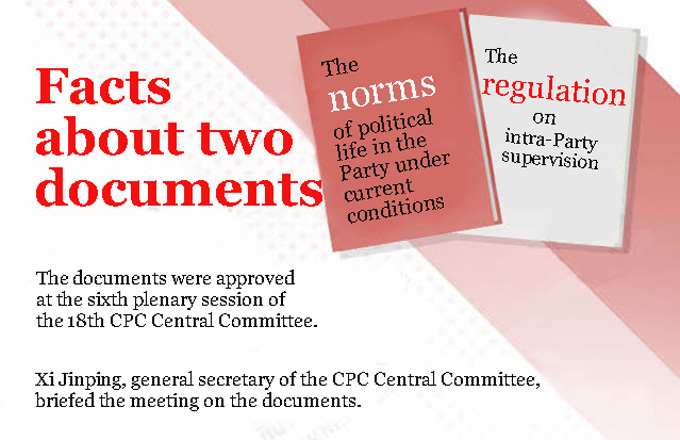Future perfect?
In August, the Beijing government published a new policy that allows people who meet certain criteria to apply for hukou in the city.
The policy, which will come into force on Jan 1, specifies that applicants should be younger than 45 and they must have paid social insurance contributions for at least seven consecutive years. People with criminal records are barred from applying.
Applicants are graded according to points, which are awarded based on their age, level of education and living standard. However, selecting thousands of "winners" from millions of qualified candidates is a difficult task, especially as it's possible that many applicants will have accrued the same points tally.
"It's a hope, even though it's a very dim one," said one young woman who preferred not to be named. She meets all the qualifications to apply for Beijing hukou, but won't bother to do so.
"I don't think I will be able to get it. Just look at the number of applicants. The answer is so clear," she said.
Given the city's rapidly rising population, limited resources mean sectors such as education, healthcare, transportation and environmental protection face huge challenges to satisfy demand.
The situation means that people who live in Beijing without hukou and have made a contribution to the city's development are denied equal access to public services, including medical care and education for their children, and the right to buy property.
The government is working cautiously to solve the problems, but it will take time. As the anonymous interviewee pointed out, the solution is obvious: "As long as a person pays taxes, they should have equal access to public services wherever they are in the country."



















